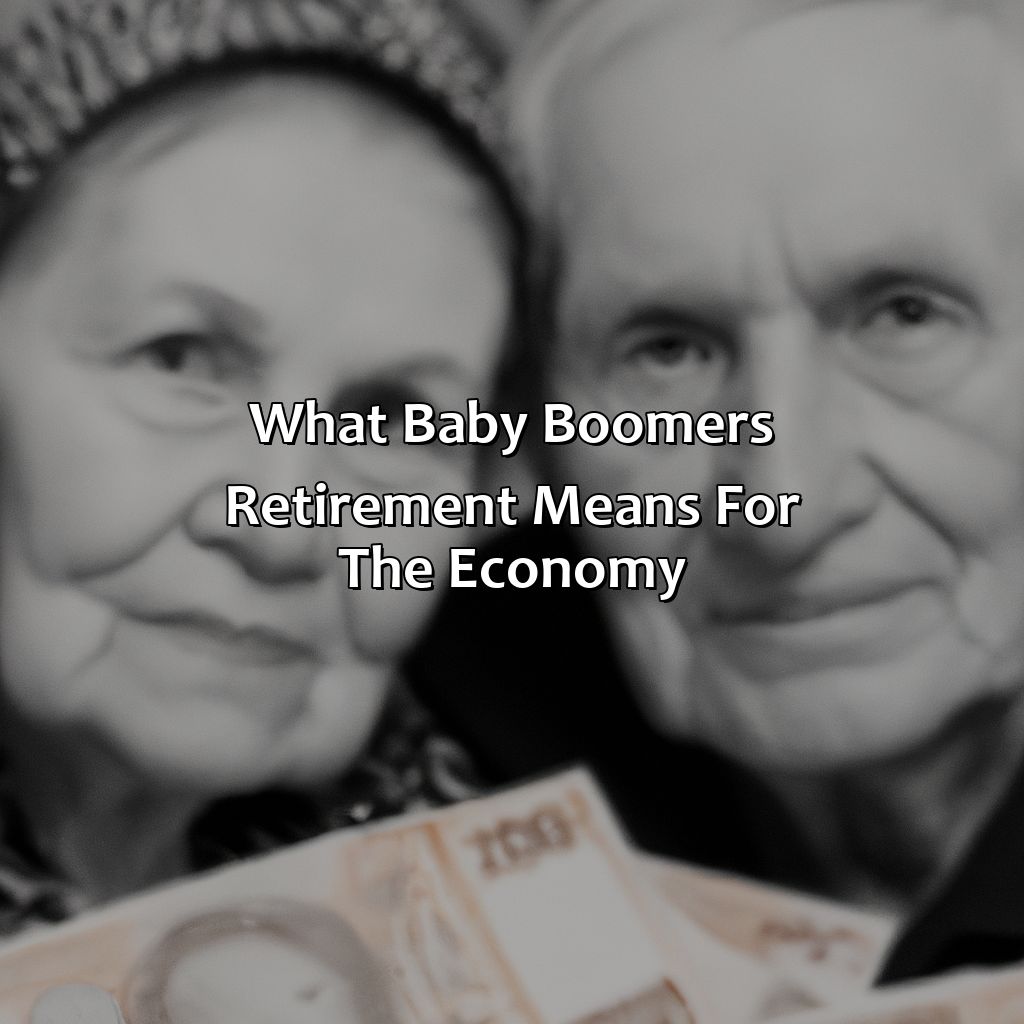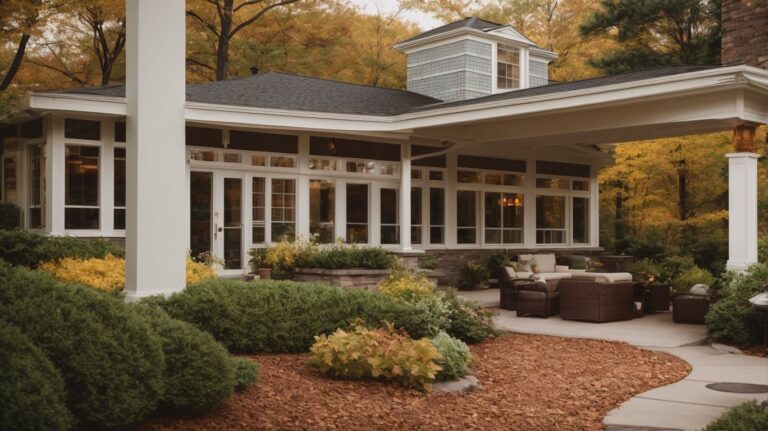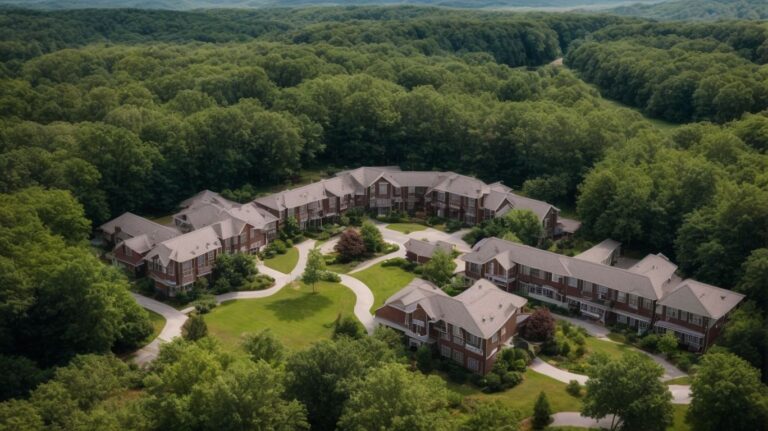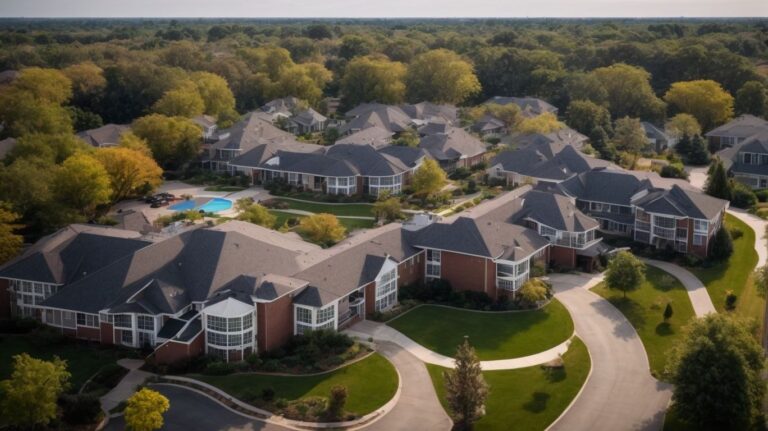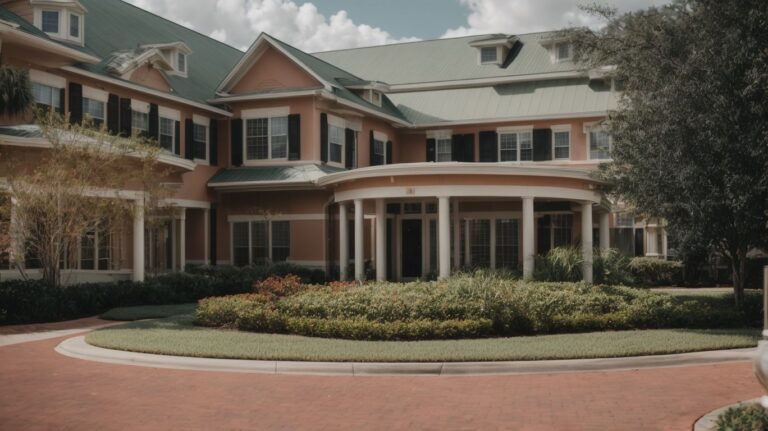What Baby Boomers Retirement Means For The Economy?
Key Takeaway:
- The retirement of baby boomers will have a significant impact on the economy, as their large population affects both consumption habits and labor force participation.
- The cost of healthcare and social security spending for retired baby boomers will strain public resources and potentially contribute to the national debt.
- The retirement of baby boomers presents both economic opportunities, such as a boost to certain industries and services, and challenges, like potential for generational income inequality.
- The government can respond to baby boomer retirement by adjusting retirement age and social security benefits, encouraging workforce participation among older Americans, and investing in sustainable fiscal policies.
Are you worrying about how retiring Baby Boomers will affect the economy? Get a better understanding of the issue with this article and discover what steps can be taken to ensure a positive impact. You’ll find out what Baby Boomer retirement means for the economy.
The Impact of Baby Boomers Retirement on the Economy
Baby Boomers’ Retirement is set to have a significant Impact on the Economy. With a large portion of the workforce reaching retirement age, the labor market is expected to experience a shift that could result in a shortage of skilled workers. Additionally, as Baby Boomers leave the workforce, their spending habits may change, leading to a shift in market demand. Furthermore, the healthcare industry and social security programs will face a financial burden due to the aging population.
The older demographic’s departure will undoubtedly lead to a void in the workforce, and companies must take steps to fill these positions’ gaps. It may be necessary for businesses to increase investment in employee training, offering new incentives to keep younger generations motivated and productive. Furthermore, employers must adapt their products and services to cater to the changing needs of an aging population.
It is essential to note the impact Baby Boomer Retirement will have on healthcare. As the population ages, healthcare spending is expected to rise. This can pose significant financial repercussions on healthcare providers and government programs such as Medicare. Policymakers should consider implementing measures such as raising the eligibility age to ensure the sustainability of these programs.
Pro Tip: As the Baby Boomer generation reaches retirement age, businesses must develop strategies to attract and retain younger generations to fill the void left by the departing workforce. Employers may need to offer new incentives and tailor their products and services to cater to the changing needs of an aging population.
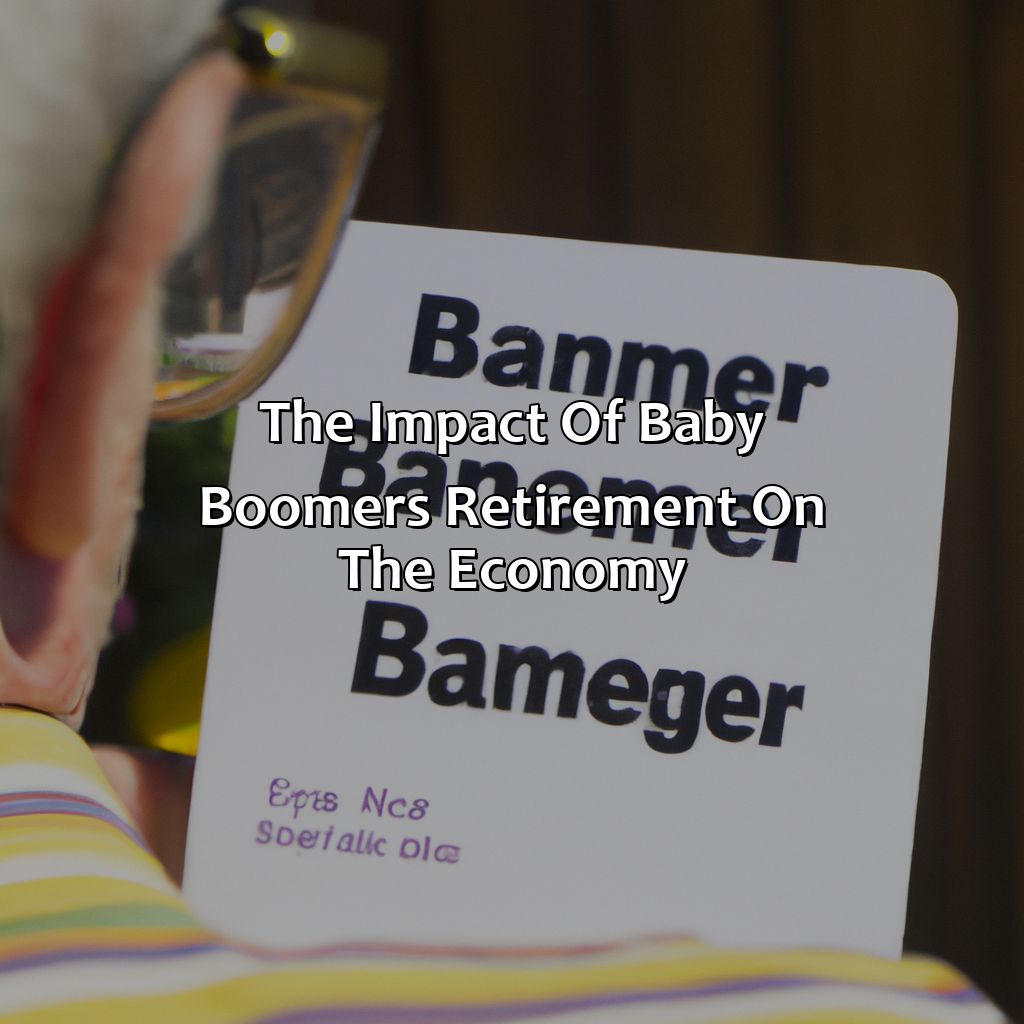
Image credits: retiregenz.com by Joel Washington
Baby Boomers’ Demographic Influence on the Economy
To comprehend the demographic effect of baby boomers on the economy, we must look closer. We must analyze:
- Baby Boomers’ Large Population and Consumption Habits
- Retirement
- Healthcare Costs
- Social Security Spending
- The Possibility of a Labor Shortage
These topics give insight into the economic repercussions of baby boomers.
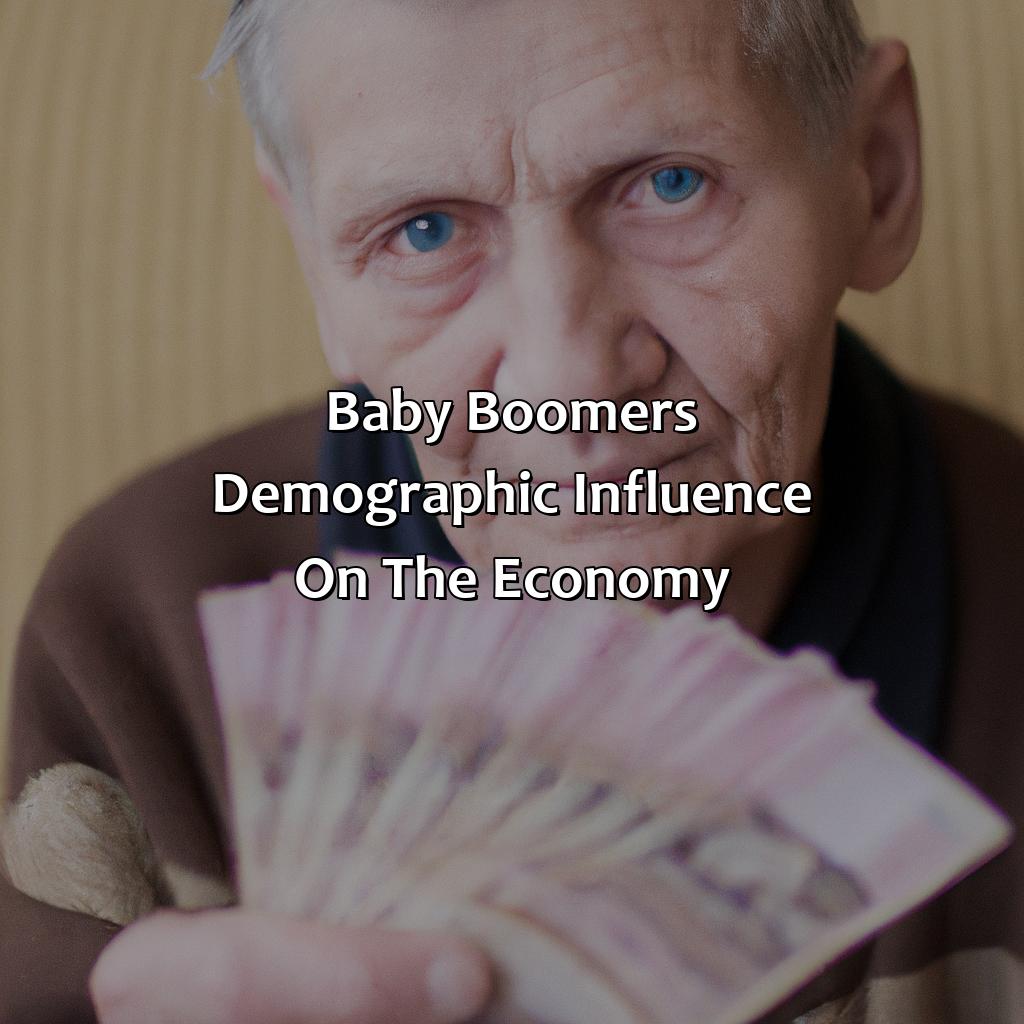
Image credits: retiregenz.com by Joel Arnold
Baby Boomers’ Large Population and Consumption Habits
The vast population and unique consumption habits of the generation born between 1946 and 1964 significantly influence the economy. This demographic’s purchasing power is undeniable, as they remain active consumers despite reaching retirement age. Their large numbers create considerable demand for healthcare services, housing, travel, leisure activities, and technology.
Moreover, as this generation progresses towards their golden years, their spending patterns shift towards health and wellness-focused products and services. The increased need for healthcare providers leads to cost inflation in this sector. The substantial retirement savings accumulated by baby boomers also determines the financial market’s behavior.
It’s fascinating to note that the baby boom generation experienced significant social and political change globally during their formative stage that appears to have shaped their spending habits differently from previous generations.
The economic impact of the baby boomer generation is unprecedented in history because of both their sheer size and unique characteristics. It remains uncertain how current generations will follow in their footsteps when it comes to financial strategies during retirement years.
Retirement is like a game of healthcare cost and social security spending whack-a-mole for baby boomers.
Retirement, Healthcare Costs, and Social Security Spending
The aging population of the Baby Boomers has a compelling impact on the economy, putting more pressure on retirement savings, healthcare costs and Social Security spending. The high cost of long-term care and medical expenses leave many older individuals vulnerable to financial distress. Moreover, as more people retire, it can lead to a decrease in workforce participation that has the potential for economic setbacks.
In addition to these economic challenges, there are unique details to consider concerning healthcare spending associated with aging populations, such as the need for increased support services like home health aides and nursing assistance. Furthermore, in socially trying times like COVID-19 Pandemic, there’s a high demand for healthcare facilities fitting seniors’ needs.
Notably, senior citizens’ impact on the economy is not only limited to consumer behavior or decreased workforce participation; it also leads to new opportunities in several areas. For example, real estate markets accommodating against age segregation by providing affordable independent living spaces with boosted comfortability features can be extremely profitable.
There have been stories of many retirees facing difficulties in managing their finances due to unexpected expenses or inadequate retirement plans. The burden leads them to rethink their approach towards post-retirement activities. However, some take proactive measures and seek counsel from reputable financial advisors before making significant decisions that could adversely affect their future endeavors or retirement goals.
Looks like the baby boomers retiring might actually lead to a shortage in labor – maybe we should start offering senior discounts on job applications.
The Possibility of a Labor Shortage
The impending retirement of the baby boomer generation continues to raise concerns over a potential labor shortage in various industries, including healthcare and manufacturing. As the number of retirees increase, there may be fewer workers available to fill critical roles, potentially leading to economic challenges.
The aging generation’s departure from the workforce leaves a significant gap that demands an urgent solution. This demographic’s influence on the economy cannot be overstated and must be carefully managed to avoid detrimental consequences. Employers face difficulties in attracting young talent with specialized skill sets, further complicating the situation.
Failing to address this issue could result in rising unemployment rates, a shrinking GDP, and ultimately lead to catastrophic economic results. It is vital for governments and businesses alike to take proactive measures in succession planning and investing in skilled labor training programs to ensure a smooth transition and mitigate any potential negative outcomes. FOMO applies here; failing to prepare will result in severe consequences over time.
Get ready for some big financial swings as the baby boomers trade in their briefcases for beach umbrellas.
Economic Opportunities and Challenges of Baby Boomers Retirement
To grasp the economic effects of baby boomer retirement, we must examine its influence on different industries. This includes:
- A lift to certain services
- The straining of public funds
- Possible generational income imbalances
These sub-sections give us insight into this matter.
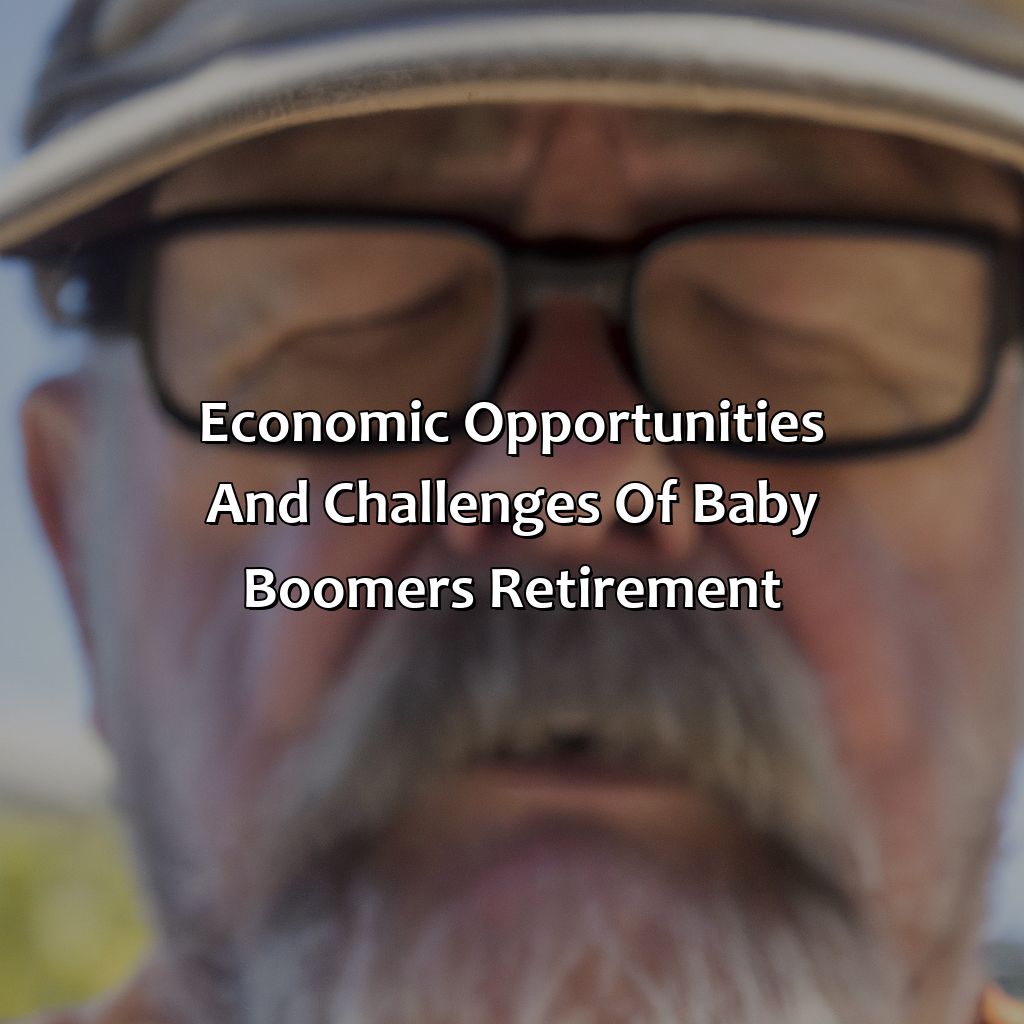
Image credits: retiregenz.com by Harry Jones
Boost to Certain Industries and Services
The Retirement of Baby Boomers: A Boon to Numerous Industries and Services
As the baby boomers retire, they are expected to bring in a massive boost for various industries and services that cater to their needs. These include healthcare, leisure and tourism, finance and insurance, real estate, home improvement, transportation, and many others.
Healthcare would be one of the primary sectors to benefit from the retirement of this demographic as it requires extensive medical attention. Leisure and tourism are also expected to encounter tremendous growth as retirees tend to take extended holidays to enjoy their newfound freedom. Real estate could see an upsurge as more people settle down in warmer or comfortable locations during their retirement years.
Apart from these sectors, the financial industry is likely to see a rise in wealth management fees as baby boomers transfer assets to their heirs. Home improvement and renovation businesses might experience a surge in demand as retired individuals may spend more time at home post-retirement.
With an estimated 73 million baby boomers retiring in the upcoming years, companies who fail to adapt might miss out on significant profitable opportunities. It’s essential for different industries and service providers to analyze these changing trends closely, strategize smartly, and capitalize on this phenomenon with great efficiency before it’s too late.
Looks like Baby Boomers won’t just be leaving their jobs, they’ll also be leaving a big hole in the national wallet.
Strained Public Resources and Impact on the National Debt
The retirement of baby boomers puts a strain on public resources, leading to an impact on the national debt. This demographic shift will place a burden on government-funded programs such as Social Security and Medicare. As baby boomers retire, there will be fewer workers contributing to these programs while the demand for them increases.
This phenomenon means that the financial burden of supporting retirees falls increasingly on younger generations. Additionally, reduced income tax revenue from retired baby boomers results in less money available for other programs or debt repayment. Action needs to be taken to mitigate these economic challenges.
It’s worth noting that this issue is not unique to the United States but is being experienced globally in countries with aging populations.
According to a study by Pew Research Center, “10,000 baby boomers turn 65 every day in America.” This statistic highlights how crucial it is for governments and private entities to prepare financially for this transition to prevent long-term economic struggles.
Don’t worry about generational income inequality, just spend your retirement years drinking expensive wine and laughing at the millennials.
Potential for Generational Income Inequality
The retirement of baby boomers presents the possibility for a significant generational wealth gap. With younger generations struggling to afford a home and pay off student debt, while baby boomers retire with substantial assets, there is potential for income inequality to worsen. This may exacerbate existing economic disparities between age groups.
As baby boomers retire and move from their high-paying jobs, they leave vacancies that younger generations may not be able to fill immediately. This ongoing issue results in lack of job opportunities for many young professionals and can cause financial struggles.
Given these circumstances, it is possible that the burden of caring for elderly parents may fall on younger generations who are already financially stretched. Additionally, as healthcare costs rise with age, retirement savings become increasingly important, therefore not allowing them to be inherited by future generations.
A researcher at Harvard’s Joint Center for Housing Studies described how his own father left him a house when he died, giving him an economic advantage over others experiencing similar struggles. “I think there is [the] potential that because people have older millennials getting money through inheritance and such while we have some millennials without parental support…it could create a really sharp divide,” he said.
The government’s plan for baby boomer retirement is to simply pray for a miracle in the form of a sudden influx of young, wealthy taxpayers.
Policy Response to Baby Boomer Retirement
Policymakers must take action to counter the issues that could arise from baby boomer retirement. Adjusting retirement age, social security benefits and increasing workforce participation of older Americans are all viable solutions. Investing in sustainable fiscal policies is also an option. These steps are necessary for the long-term economic stability.
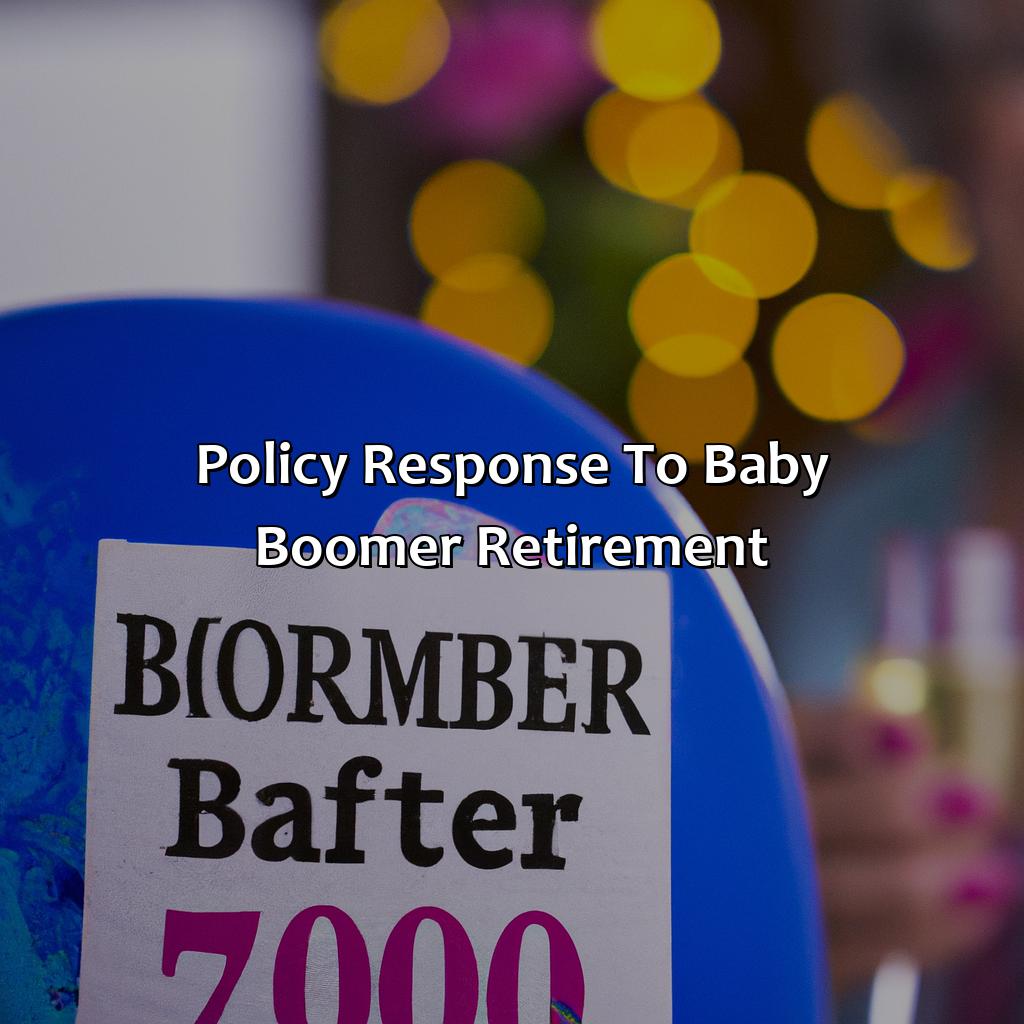
Image credits: retiregenz.com by David Washington
Adjusting Retirement Age and Social Security Benefits
As the baby boomer generation retires, policymakers are considering adjusting retirement age and social security benefits to address potential economic impacts. This could mean increasing the retirement age or reducing social security benefits to manage costs. Additionally, incentivizing older workers to stay in the workforce could mitigate these impacts.
It is essential to balance these adjustments with supporting older Americans who may need additional support during their retirement years, such as affordable healthcare and housing options.
A study by AARP found that delaying retirement age by three years could lead to a $3.7 trillion boost to the economy over ten years, largely due to increased tax revenue. However, policymakers must strike a delicate balance between promoting economic growth and ensuring adequate support for retirees.
Retirement? More like ‘refirement’ as older Americans are encouraged to keep working to avoid being left with nothing but stale crackers and daytime TV.
Encouraging Workforce Participation Among Older Americans
With baby boomers retiring, encouraging workforce participation among older Americans is crucial for the economy. Policies that incentivize older employees and help them reskill can increase productivity, reduce healthcare costs and strengthen social security. By addressing ageism and offering flexible retirement options, companies can retain talented workers. Additionally, targeted training programs such as apprenticeships or internships can help bridge skill gaps and promote cross-generational learning.
Research shows that some older adults want to continue working but face age-based barriers like stereotypes or limited job opportunities. Judith Gantenbein-DiPalma, a 70-year-old employee at Walmart, found herself in this situation after she retired from her previous job. But by participating in Walmart’s “Pathways” program – which included on-the-job training and mentoring – she was able to advance her career and gain new skills. To encourage more stories like hers, policies must work to remove any remaining obstacles preventing senior workers from contributing their talents to the labor force.
Investing in sustainable fiscal policies is like investing in a gym membership – it may be tough at first, but the long-term benefits will have you thanking yourself later.
Investing in Sustainable Fiscal Policies
Sustainable investment in Fiscal Policies is fundamental for our nation’s future growth and stability. As boomers retire, their departure creates a big hole that impacts both the labor market and tax revenues. Sustainable fiscal policies entail conservative spending and revenue generation measures that keep the government running without increasing debt. By prioritizing and investing in sustainable policies, we can eliminate adverse effects arising from boomer retirement.
Stabilizing fiscal policy requires a balanced approach, including simplifying the tax code, introducing equitable funding options for social security, modernizing Medicare expenses, laws to combat fraudulent practices, increasing education funding, promoting global capital inflows and more. These efforts will create jobs and stimulate economic growth while reducing income inequality across generations.
Further proposed reforms target saving incentives to support long-term retirement plans rather than short-term goals that deplete savings over time. If properly implemented, it would aid in creating stable fiscal policies supplemented by revenue sources beyond temporary shortfalls or occasional debts crisis.
As our economy transitions through major shifts brought on by Baby Boomer retirement, few past economic cycles have been as powerful as current times. The boomer sector has led an era of wealth accumulation following the liberalization of trade in the past decades helped cushion new technologies’ introduction into industrial production processes; however they’re leaving a lasting impact on structural imbalances highlighted above.
Five Facts About Baby Boomer Retirement and the Economy:
- ✅ Baby boomers are retiring at a rate of 10,000 per day in the United States. (Source: AARP)
- ✅ Baby boomers make up a significant portion of the workforce and their retirement will result in a labor shortage. (Source: US Chamber of Commerce Foundation)
- ✅ Baby boomer retirement will have an impact on Social Security and Medicare funding. (Source: Forbes)
- ✅ Baby boomer retirement is expected to create opportunities in industries focused on healthcare, travel, and leisure. (Source: US News)
- ✅ The economic impact of baby boomer retirement will vary by region and industry. (Source: Brookings Institution)
FAQs about What Baby Boomers Retirement Means For The Economy?
What is the significance of Baby Boomers’ retirement for the economy?
Baby Boomers, born between 1946 and 1964, make up a significant portion of the workforce. As they retire, it will have a significant impact on the economy.
How many Baby Boomers are retiring every day?
According to Pew Research Center, approximately 10,000 Baby Boomers are turning 65 and retiring every day.
What effect will Baby Boomers’ retirement have on Social Security?
As more Baby Boomers retire, Social Security will likely face challenges in sustaining benefits for all retirees. The ratio of workers to retirees will decrease, putting a strain on the system.
What will happen to the workforce as Baby Boomers retire?
The workforce will shrink, and there may be a shortage of skilled workers in certain industries as Baby Boomers retire. This could cause wages to increase and economic growth to slow down.
What impact will Baby Boomers’ retirement have on the housing market?
As Baby Boomers retire, they may downsize or move to assisted living facilities, causing a shift in the housing market. This could lead to a decrease in demand for larger, suburban homes and an increase in demand for smaller, urban homes or assisted living facilities.
What can be done to prepare for Baby Boomers’ retirement?
The government, businesses, and individuals can start planning now for the impact of Baby Boomers’ retirement. This could include increasing Social Security funding, investing in training programs for younger workers, and adjusting the housing market to meet the needs of retirees.
